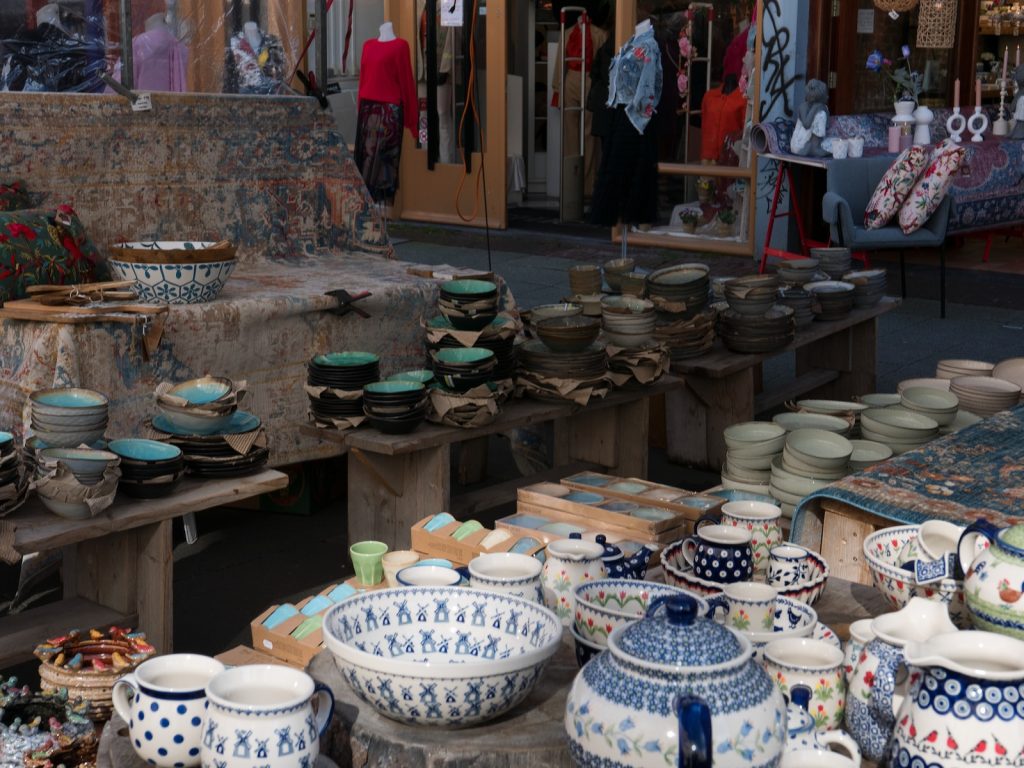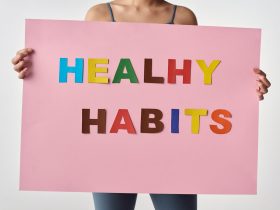Hello there, fellow conscious consumers! I’m Lisa Greenfield, your trusty guide in the world of ethical spending. For the past four years, I’ve been navigating the tumultuous seas of ethical shopping, helping you make choices that are good for your soul and your wallet. Today, I’m here to explore the intriguing intersection of ethics and finances. Can you really be an ethical shopper without breaking the bank? The answer might surprise you.
The Myth of Ethical Shopping as a Luxury
When people think of ethical shopping, they often picture eco-conscious celebrities strolling down the red carpet in designer outfits made from sustainable materials. While it’s true that some ethical products come with a higher price tag, it’s a myth that ethical shopping is exclusively for the affluent. In fact, ethical shopping can often be a smarter financial choice in the long run.
Investing in Quality

One of the fundamental principles of ethical shopping is investing in quality over quantity. Sure, that $10 fast fashion t-shirt might seem like a steal, but how many times will you need to replace it in a year? Ethical shopping encourages you to think long-term. By spending a bit more on a well-made, ethically produced piece of clothing, you’re likely to save money in the long run. It’s all about shifting your mindset from buying disposable items to investing in items that last.
The Cost of Cheap Fashion
Let’s take the example of fast fashion, a nemesis of ethical shopping. Those cheap clothes might seem like a bargain, but they often come at a high cost to the environment and workers. The textile industry is one of the largest contributors to global pollution, and many fast fashion brands have been criticized for exploiting cheap labor in developing countries. When you buy into this system, you might be saving money in the short term, but you’re paying a much higher price in the form of environmental degradation and social injustice.
Budgeting for Ethics

Ethical shopping doesn’t mean you have to blow your budget. It’s all about prioritizing your values and making conscious choices within your financial means. Here are some practical tips:
- Set a budget: Determine how much you can allocate to ethical shopping each month. This will help you stay on track financially while supporting your values.
- Prioritize essentials: Focus on ethical choices for items you use regularly, like clothing and groceries. You can start small and gradually expand your ethical shopping list.
- Look for sales and discounts: Many ethical brands offer sales and discounts, especially during certain times of the year. Keep an eye out for these opportunities to save money.
- DIY and thrifting: Get creative! Consider upcycling old clothes, thrift shopping, or even making your own products. These options can be both ethical and budget-friendly.
Supporting Ethical Brands
When you choose to support ethical brands, you’re not just buying a product; you’re investing in a mission. Ethical companies prioritize fair wages, sustainable practices, and often give back to their communities. Plus, they tend to have a more transparent supply chain, so you can feel confident about where your money is going.
Investing in Ethical Companies
For those looking to go the extra mile, consider investing in ethical companies. Many ethical brands are publicly traded, and there are even socially responsible investment funds that allow you to grow your wealth while supporting your values. This is a win-win for your portfolio and the planet.
Case Studies in Ethical Shopping
Let’s dive into a couple of case studies to illustrate how ethical shopping can make financial sense.
Case Study 1: Ethical Fashion
Imagine you’re in the market for a winter coat. You have two options: a $100 fast fashion coat and a $250 ethically made coat from a sustainable brand. Initially, the fast fashion coat seems like a better deal, but let’s break it down:
- The fast fashion coat might last you one or two winters at most, while the ethically made coat is designed to last for many years.
- Over five years, you might end up buying two or three fast fashion coats, totaling $200-$300, while the ethically made coat is still going strong.
- In the long run, the ethically made coat not only saves you money but also reduces the environmental impact of clothing production.
Case Study 2: Ethical Groceries
Now, let’s consider your grocery shopping habits. You have the option to buy conventionally grown produce at lower prices or organic, locally sourced produce at a premium. Here’s how it plays out:
- Organic produce may cost more upfront, but it’s often fresher and lasts longer.
- By reducing your consumption of processed foods and eating more fresh, whole foods, you may experience health benefits, potentially saving on future medical bills.
- Supporting local farmers keeps money circulating in your community, bolstering the local economy.
In Conclusion
Ethical shopping isn’t just about saving the planet; it’s also about saving your finances in the long run. By prioritizing quality over quantity, budgeting wisely, and making conscious choices, you can enjoy the financial benefits of ethical shopping while feeling good about your impact on the world.
Remember, it’s not about perfection but progress. Start small, make gradual changes, and watch how ethical shopping transforms not only your spending habits but also your perspective on what truly matters. So, go ahead, indulge in some guilt-free, wallet-friendly ethical shopping—it’s a decision you won’t regret.

































